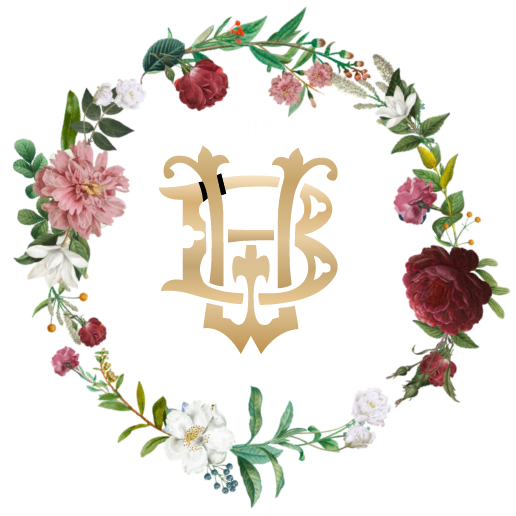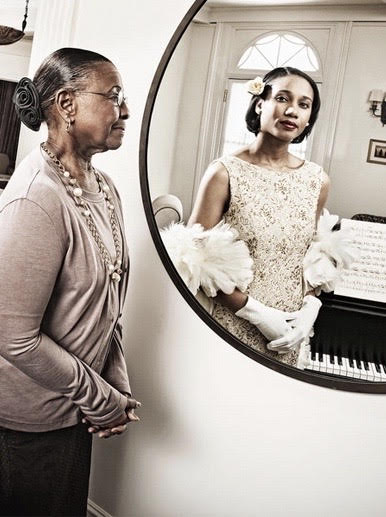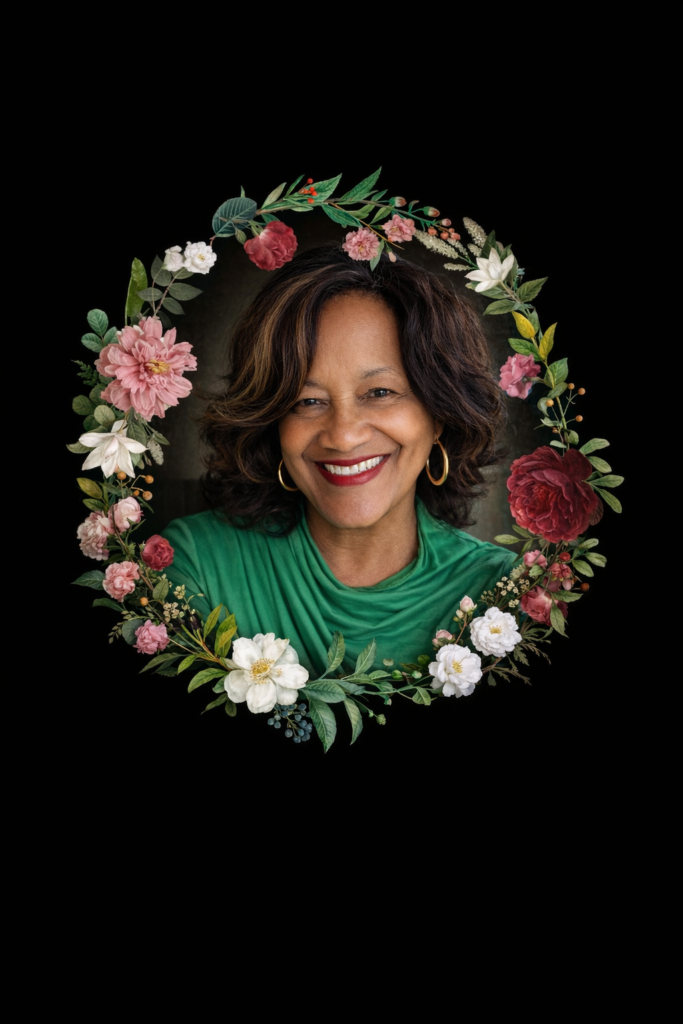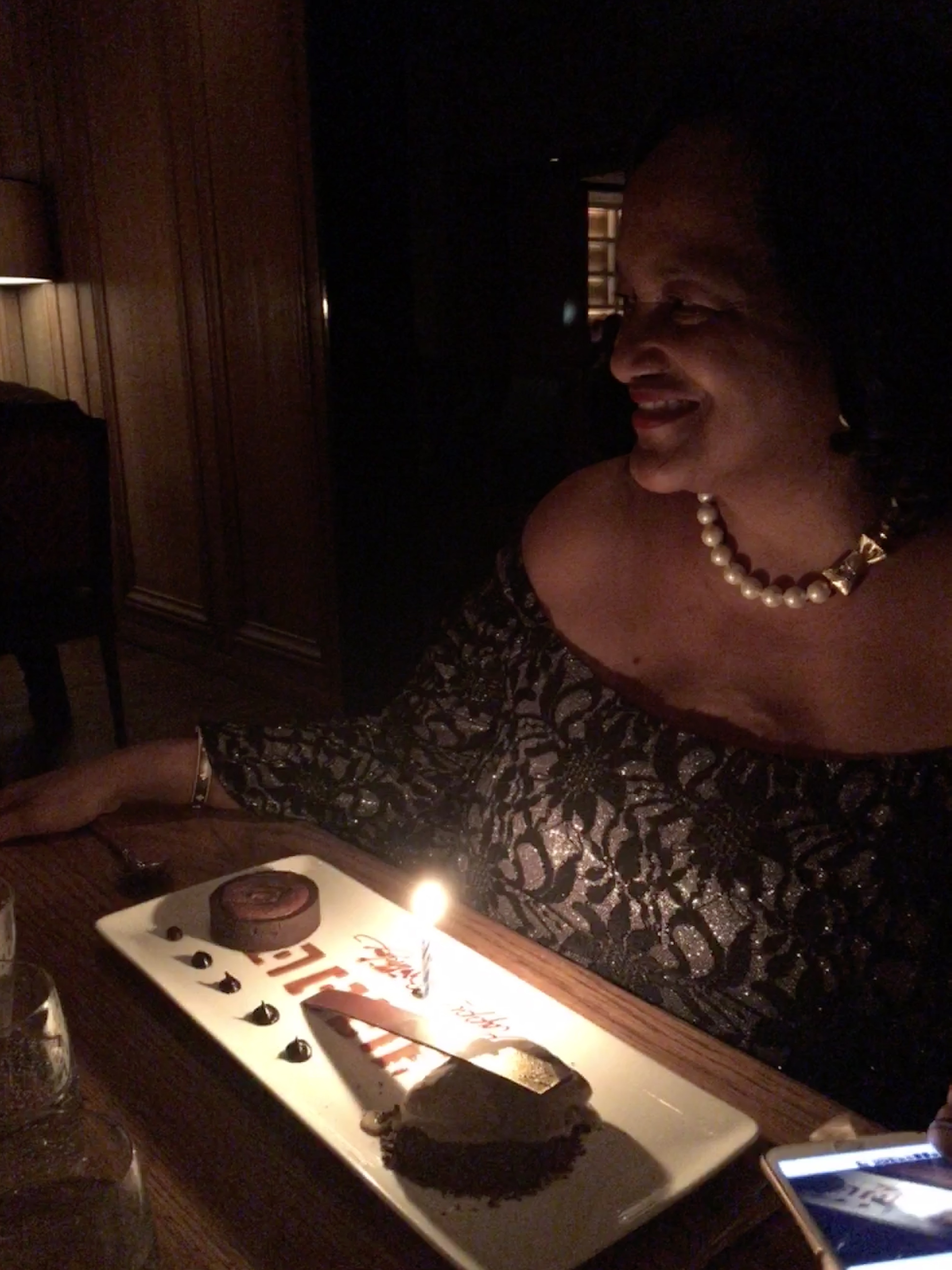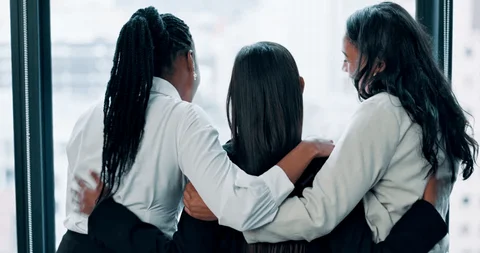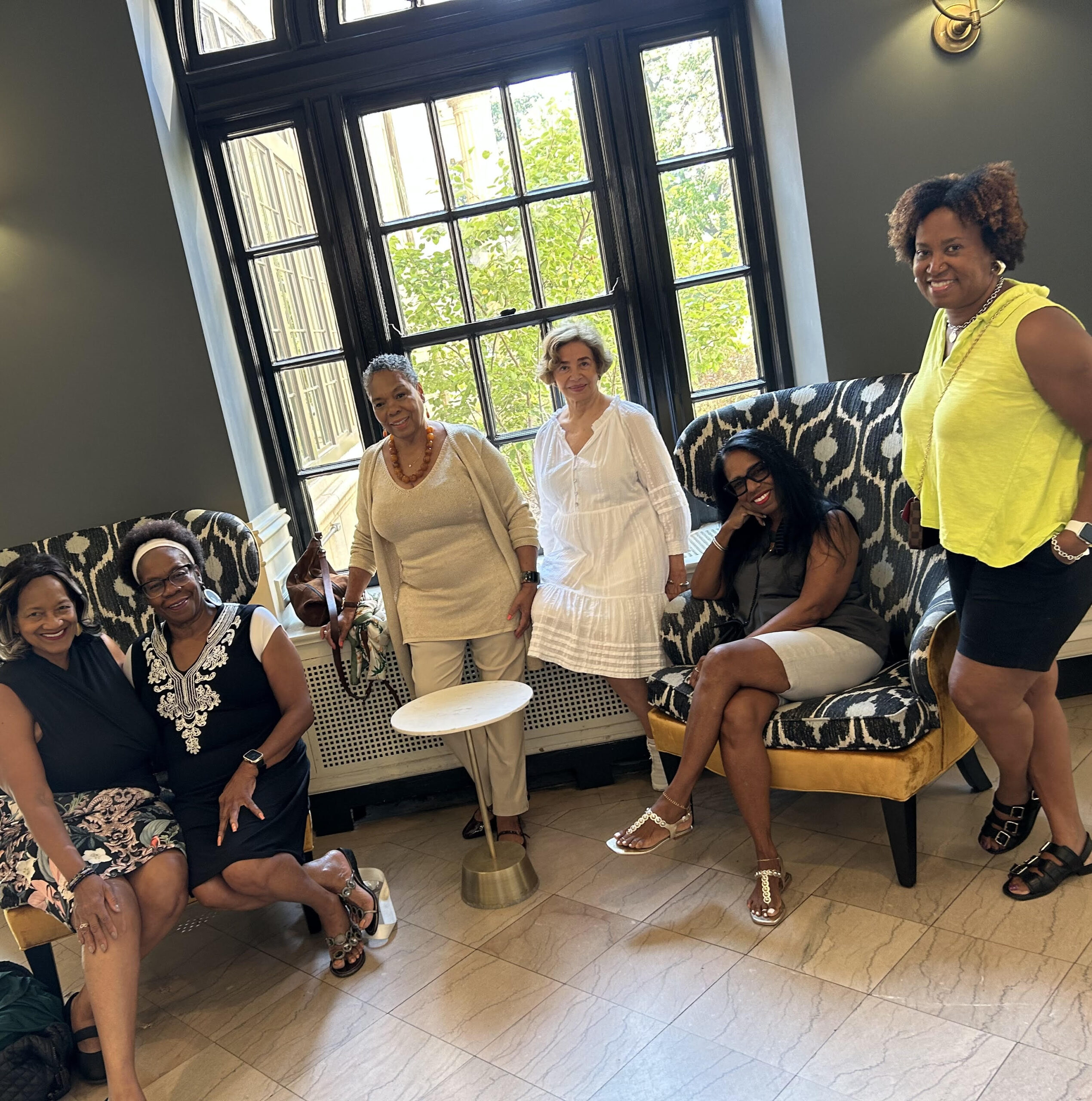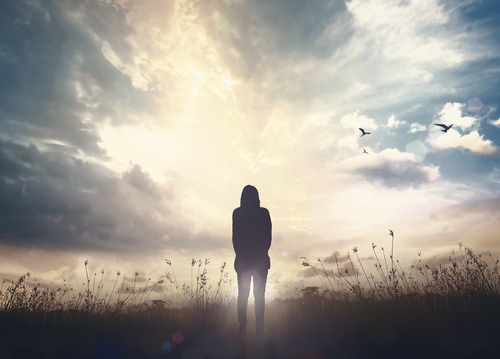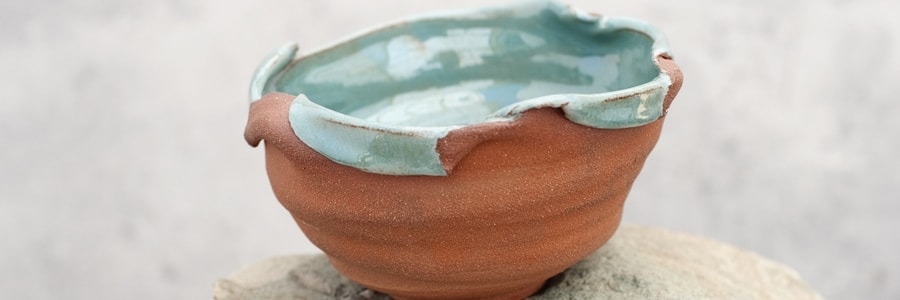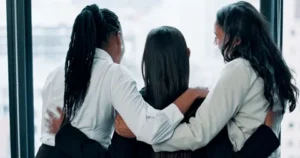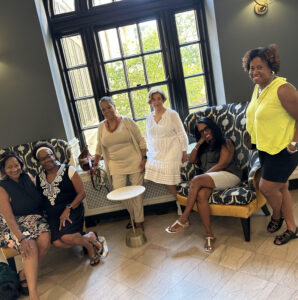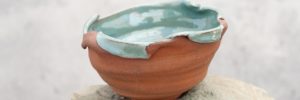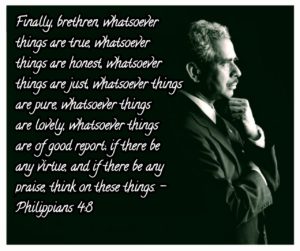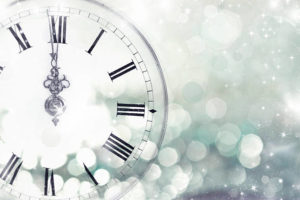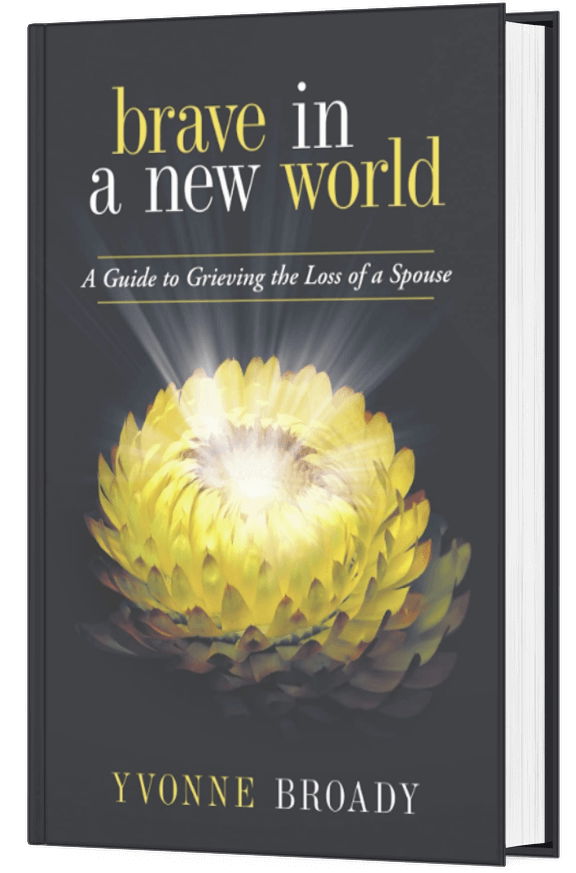
My husband Chuck died on January 24, 2009.Soon after the initial days following my husband’s death, after the flurry of activity, the planning of funeral arrangements, friends and family gone, I found myself in a state of shock, a catatonic state, temporarily frozen in place, not knowing or understanding what to do next.
I felt numb, vulnerable and almost unable to breathe. I was retired from my career and therefore had nothing to distract me from my pain. Each morning I woke up to a steady stream of tears and heartache.
/200489722-001-F-56b005f53df78cf772cb240f.jpg)
During this time I was mindful of my health and wellness and was diligent about keeping my regular doctor’s appointments, you know, the eye doctor. the dentist, family physician. It was at one of these routine doctors’ appointments that my GP informed me that there was a new criteria that was being used to monitor blood sugar levels. My A1C level had fallen within the low end range of pre-diabetic. When the doctor told me this, I was floored. There wasn’t a direct history of diabetes in my family as far as I knew at that time, but I realized that I had to work on becoming healthier.
Weeks later when I visited my ophthalmologist, he shared with me that he saw cataracts in both of my eyes. I was stunned again as I thought of cataracts as something that happened to old people, certainly not to me, as I was still relatively young. Actually, the reality was, I was no longer young, but life and time had moved so quickly, and I’d been so involved with caring for my husband, that when I looked in the mirror I suddenly saw a woman that I hardly recognized.
As my luck would have it, during this time, my knees began to bother me, one more than the other. Early in our relationship I would run, with my husband Chuck, around the reservoir in New York City’s Central Park and I’m sure this added to the wear and tear on my knee’s joints and ligaments. My husband had actually completed six marathons, and running was a fun thing that we did together. It would be almost 2 years after my husband’s death that I would have to have knee replacement surgery, as the pain had increased to the point where my daily dose of ibuprofen was no longer alleviating it.
Suddenly widowed , finding myself aging quickly……..what did I do next?
Many, many months after my husband’s death I would soon decide that I wanted to live and not die. I took charge of my life and changed my eating habits, hired a trainer, went to yoga. I worked on developing my mind, and spirit as well. I began to meditate daily and soon I was able to quell the anxious chatter that was cluttering my mind and focus on getting well. As I healed my body, I was also mending my soul. After a while ,I would see results and with a new sense of well-being, I gradually was able to lift myself up and through the tunnel of grief. I began to see a light in the dark which slowly grew and grew.
Why should we talk about our losses?
The purpose of sharing our thoughts and experiences after we lose a husband, wife or anyone close is to not only help us to heal, but to help others who grieve to understand that they are not alone. The bereaved feel alone, with nowhere to turn and because of society’s misconceptions and beliefs about those who grieve-what they do, what they aren’t expected to do, how they appear to others, and on and on-oftentimes the bereaved silently mourn rather than “appear weak” or be held to the stringent and misconceived expectations of others.
Thankfully now, there are many support communities that have been created for people to have a platform to vent and feel a part of and not a part from. There are much-needed online communities and resources that didn’t exist when I lost my husband.What a blessing for those who are attempting to find their way back to a new normal. Grief stories, bereavement stories and guidance are shared in safe online communities. This can be very helpful to those who haven’t decided whether or not to seek individual counseling or to join a bereavement group.
How Do We Avoid Growing Quickly Old?
It’s important that we grieve mindfully. The tendency to stuff our grief, to just give up and hide under the covers is a true reality for many including myself. As time wore on, I decided that I wanted to survive my circumstance and begin to rebuild my life bit by bit. Here are a few ideas:
- Try to stay aware of new feelings of nervousness, anxiety, forgetfulness, and consult a physician, or grief counselor or both to stay on top of the subtle and not so subtle changes that are taking place within, and without, after loss.
- Exercise- Get out there and start moving, walking, running, walking on the treadmill, weight training, yoga, tai chi. Any and all of these and other physical activities will help to increase endorphins and speed up your metabolism, which in turn increase your ability to get through each day stronger than before. If one is depressed,these activities will help to improve one’s emotional state.
- Mindful Practices – praying, meditating, talking to your lost loved one, voicing your thoughts aloud, particularly if there is no one that you can confide in, is an opportunity for you to get it out. Whether you have a faith practice or not, talking out loud, oddly enough, assuages your spirit and creates an outlet for your pain.
 Mindfulness, remaining in the present, is hard to do after loss as your mind drifts from one thought to another. It is easy to forget names, to misplace things, to forget the order of certain routines, because your mind has been overtaken by the extraordinary event that has taken place in your life. This phenomenon is called widow brain. However, with daily practice, you will find yourself becoming less forgetful, and strengthening your ability to remain present as you find your way back to your new self. It doesn’t mean you’re not strong, it just means you’re human; remember it’s not necessary to be strong all the time. You’re allowed to be and feel vulnerable.
Mindfulness, remaining in the present, is hard to do after loss as your mind drifts from one thought to another. It is easy to forget names, to misplace things, to forget the order of certain routines, because your mind has been overtaken by the extraordinary event that has taken place in your life. This phenomenon is called widow brain. However, with daily practice, you will find yourself becoming less forgetful, and strengthening your ability to remain present as you find your way back to your new self. It doesn’t mean you’re not strong, it just means you’re human; remember it’s not necessary to be strong all the time. You’re allowed to be and feel vulnerable.
By being aware of the fragility of your situation you can counteract some of these side effects of loss. I would suggest that one try to be aware of feelings as you grieve. Try to include some form of exercise, meditation and other activities that will increase your ability to get through each day as you become stronger and more secure. Reading about death, dying and grieving allows people to understand the process. Staying active and even considering making physical changes such as weight loss, new hairstyles, and freshening up wardrobes are excellent ways of rebuilding one’s self esteem as well as one’s life. Making new friends, developing new interests,improving tech skills will help in improving your self confidence and prevent you from becoming a dinosaur in the 21st century. Making gradual lifestyle changes will improve the way you feel about yourself and give you an opportunity to experience a new lease on life. Eventually, you’ll feel encouraged and hopeful about the future.
Take note that our spouses would not want us to mourn them forever; they’re no longer here but they’re rooting for us to live our lives and carry on. Grieving and living mindfully will result in slowing down the aging process a bit as we become stronger and gain the determination to not give up as we continue on our life’s journey forward.
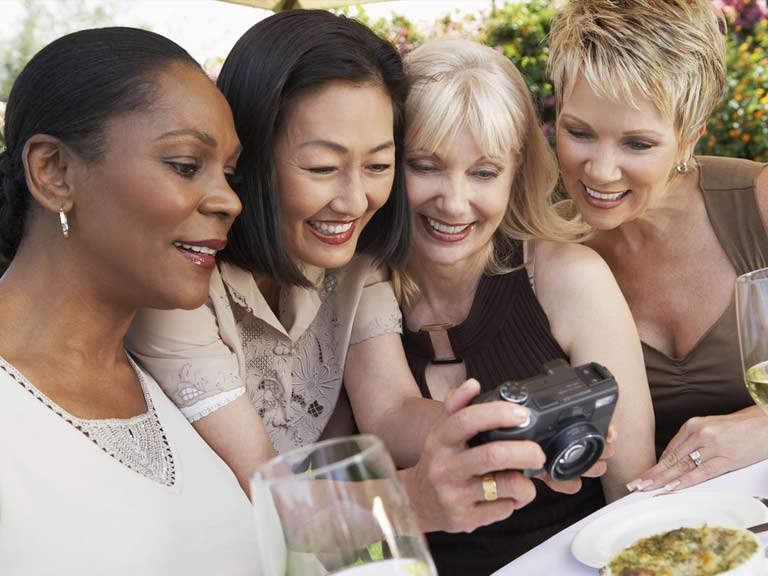
Need help with grieving the loss of a spouse? Read my book Brave in a New World: A Guide to Grieving the Loss of a Spouse available now on Amazon.Just click the link: https://tinyurl.com/y38oks99

